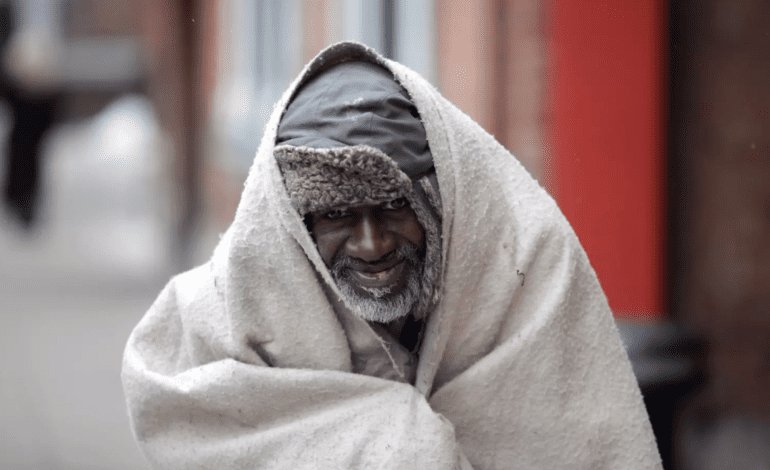Homelessness is a growing concern in the U.S., with many people struggling to get by in almost every community. While it’s not a new problem, the number of people experiencing homelessness has increased significantly over the past couple of years. According to an organization called End Homelessness, homeless numbers grew by 2 percent between 2019 and 2020.
Understanding the various factors that contribute to this issue is crucial to developing effective strategies and programs in addressing the problem.
The Detroit Wayne Integrated Health Network (DWIHN), an organization in Wayne County that helps people with mental health and substance use disorder concerns, works with several different organizations that can help find shelter for people experiencing homelessness.
DWIHN has a partnership with the city of Detroit Housing Department and its homeless Outreach Teams. This team consists of a DWIHN behavioral health specialist and homeless street outreach providers who conduct preventative outreach and coordinate with DPD neighborhood police officers to connect unsheltered residents with mental health services. This team provides individuals with wraparound housing and behavioral health services, including a potential transfer to permanent housing for those who qualify. Detroit HOT follows best practices in building trust with participants through outreach and immediate transportation to services as needed. Since the partnership began two years ago, there have been more than 6,000 homeless outreach encounters.
DWIHN also has providers that work with the Coordinated Assessment Model (CAM), which is a local organization that provides individuals and families, with or without Medicaid, with the necessary resources to address their needs.
The process works like this: CAM Detroit will prioritize the most vulnerable cases such as those suffering from significant health conditions or impairments that require a high level of support to maintain their housing and can be considered homeless. These individuals often rely on emergency services such as jails, psychiatric facilities and emergency rooms to meet their basic needs. Also, children and youth who are unable to find permanent housing is also a risk factor. Once the assessment is completed, individuals are referred through CAM. The DWIHN also works with many homeless drop-in centers, such as Detroit Healthy Housing, which is offered through DWIHN provider Neighborhood Services Organization (NSO) https://www.nso-mi.org/homeless-recovery-services.html.
If you or someone you know is experiencing homelessness, contact the DWIHN 24/7 Access Helpline at 800-241-2929 or visit www.dwihn.org.
In addition, CAM Detroit can be reached by phone at 313-305-0311 or website: //www.camdetroit.org/ serving Detroit, Hamtramack and Highland Park.
Also, there are multiple warming centers listed on the Wayne County website for anyone who may need it: https://www.waynecounty.com/elected/executive/wayne-county-warming-centers.aspx
– Source: Detroit Wayne Integrated Health Network (DWIHN)






Leave a Reply